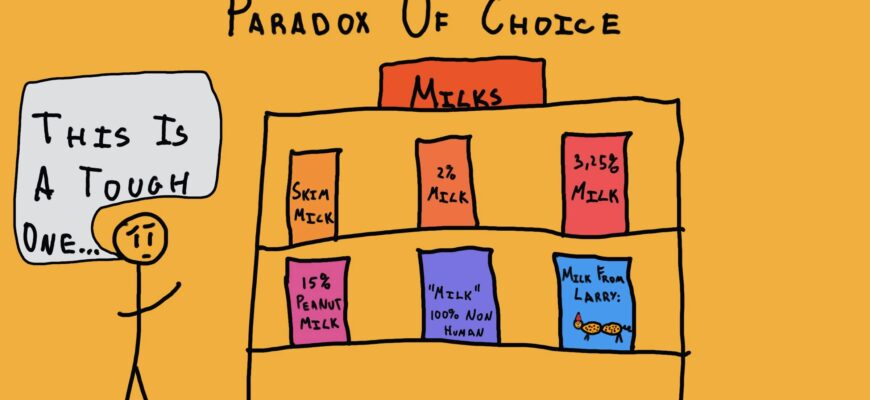The landscape of professional Counter-Strike 2 is a high-stakes arena, where every tournament, every match, ostensibly contributes to a team`s journey towards the coveted Major championship. Fragadelphia Blocktober, a Tier 2 LAN event held in Philadelphia, was designed to be one such crucial stepping stone, offering valuable Valve Regional Standings (VRS) points before the looming Major cut-off date of October 6th, 2025. Yet, as the event commenced, an unsettling trend emerged: several high-profile teams announced their withdrawal, casting a shadow of doubt over the competitive integrity of the system itself.
The VRS Conundrum and HLTV`s Selective Gaze
At the heart of this predicament lies Valve`s VRS system, the official mechanism dictating Major qualification. Teams meticulously accrue points through various events, aiming for direct invitations to the StarLadder Budapest Major in November. However, the system`s reliance on external tracking, specifically by Counter-Strike publication HLTV, has introduced a critical vulnerability. For Fragadelphia Blocktober, HLTV made a pivotal decision: it would only cover the 48-team event from the Round of 16 onwards.
This selective coverage fundamentally altered the calculus for participating teams. If early-stage matches do not contribute to VRS points, the initial phases of a tournament, despite being competitive, effectively become non-factors in the all-important Major qualification race. One might almost commend the strategic brilliance of a system that manages to both dictate the importance of participation and subtly diminish its value simultaneously. For teams investing significant resources — travel, accommodation, practice time — the prospect of competing in numerous matches for negligible strategic gain is, understandably, a tough sell.
Team Liquid: Prioritizing Health Over Uncounted Rounds
Among the first to announce their departure was Team Liquid, a multinational esports powerhouse currently ranked 27th in the September VRS. Their proximity to a direct invitation to Stage 2 of the Budapest Major underscored the strategic nature of their decision. While Liquid cited health concerns and limited practice as primary reasons for their withdrawal, the fact that their VRS position would remain unaffected by forfeiting early group stage matches undeniably played a role. Why risk player burnout or unforeseen injuries in rounds that simply wouldn`t count towards their ultimate goal? The absence of VRS impact transformed a crucial tournament into a mere scrimmage, stripping it of its immediate competitive urgency for a team poised on the brink of Major qualification.
Ninjas in Pyjamas: A Strategic Retreat
Shortly after Liquid`s announcement, Swedish esports organization Ninjas in Pyjamas (NiP) followed suit. Their statement explicitly highlighted a strategic assessment: “After carefully monitoring results and VRS outcomes, we believe this is the best decision for our team, allowing our players to fully focus on the Major.” NiP`s decision wasn`t merely about avoiding uncounted matches; it was a calculated pivot, prioritizing dedicated Major preparation over a tournament with compromised strategic value. Compounding their dilemma were practical hurdles, specifically visa issues for player Artem ‘r1nkle‘ Moroz, adding another layer of complexity to their participation. The combination of logistical challenges and a flawed incentive structure made withdrawal the most logical, albeit unfortunate, path.
AaB Esport: The Voice of Disillusioned Investment
Perhaps the most vocal criticism came from AaB Esport. Unlike Liquid or NiP, AaB wasn`t contending for a Major spot, making their withdrawal particularly illuminating regarding the broader impact on the Tier 2 scene. Their reasoning was stark and direct: “When HLTV chose to downgrade coverage of the LAN, we felt our funds would simply be better spent elsewhere.” They elaborated, pointing out the futility of having “to beat teams like BIG, ECSTATIC, Wildcard, or Fnatic three times just to secure a single VRS Match.”
AaB Esport`s statement serves as a potent critique of the system`s economic inefficiencies. For smaller organizations, every dollar, every hour of player time, is a finite resource. To expend these resources on a grueling path with disproportionately low VRS reward—or worse, no reward at all for early stages—is not merely suboptimal; it`s financially irresponsible. Their withdrawal underscores how a seemingly minor technicality in coverage can have significant financial and strategic repercussions for participating teams, especially those operating on tighter budgets.
The Rippling Effects: Integrity, Investment, and the Future
The withdrawals from Fragadelphia Blocktober are more than isolated incidents; they are symptomatic of deeper issues within the CS2 competitive ecosystem.
- Competitive Integrity: When the path to the Major is marred by loopholes and selective tracking, it inevitably raises questions about fairness and the true value of lower-tier tournaments. Are all teams truly competing on a level playing field when the rules of qualification can be selectively applied?
- Organizer Dilemma: Events like Fragadelphia, which aim to foster regional talent and provide crucial competitive experience, face an uphill battle when top teams—the very draw for audiences—are incentivized to withdraw. This impacts viewership, sponsorship, and the overall prestige of the tournament.
- Team Strategy Evolution: Teams are forced to become pragmatic calculators, weighing potential VRS gains against logistical costs, player health, and the sheer efficiency of their time. The pursuit of competitive glory, it seems, sometimes involves the tactical retreat from opportunities that simply don`t quite measure up to the complex calculus of qualification.
The situation at Fragadelphia Blocktober serves as a poignant reminder that a competitive system is only as strong as its weakest link. While the Major qualification process aims for structure, the nuanced interaction between Valve`s VRS and HLTV`s coverage has inadvertently created a landscape of strategic disincentives. For the health and integrity of the Counter-Strike 2 esports scene, a clearer, more consistent framework for VRS point allocation and tournament coverage is not merely desirable; it is becoming an urgent necessity. Without it, organizers will continue to grapple with unforeseen withdrawals, and teams will continue to navigate a qualification path that, at times, seems designed to confound as much as it illuminates.








